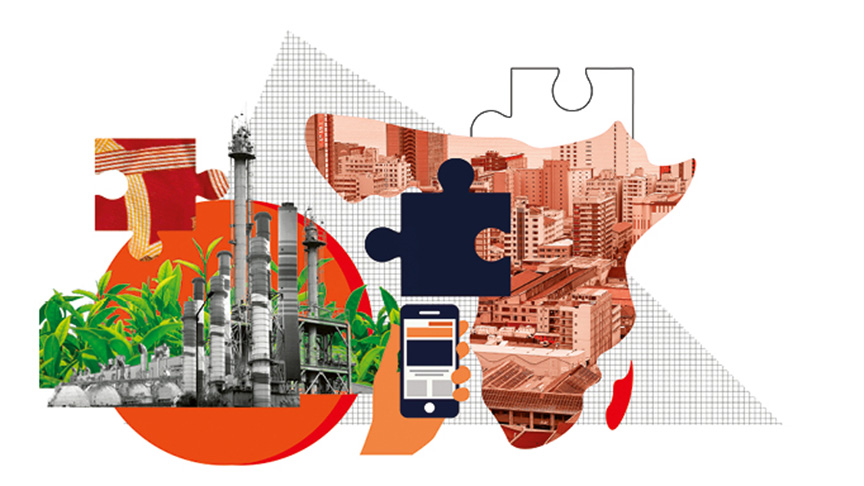Text: Bettina Mittelstraß
Jointly addressing global challenges
The Berlin Center for Global Engagement of the Berlin University Alliance supports research and science management with a view to making global cooperation successful.
The Berlin University Alliance (BUA) – comprising Freie Universität Berlin, Humboldt-Universität zu Berlin, Technische Universität Berlin and Universitätsmedizin Charité – has established the Berlin Center for Global Engagement (BCGE), a joint platform for intensifying and supporting the international cooperation pursued by its member universities. “In view of global challenges such as climate change, migration and pandemics, global, equitable and responsible research collaboration is more important than ever,” says DAAD alumna
Dr Sarah Wessel, programme manager at the BCGE.
The BCGE focuses in particular on cooperation with countries of the so-called Global South, though it does not regard this as a geographical definition. “Rather we are interested in all countries that have a marginalised position in global science production. Cooperation in global partnerships offers huge opportunities; for instance, only by combining local specialist knowledge with global research can the context-specific innovations and associated local infrastructures be developed that are needed to combat climate change or pandemics.” If knowledge of mRNA technologies and if research resources and capacities had been more equally shared, for example, the global distribution of vaccines could have been more equitable. “This may not have prevented further mutations from evolving, but it probably would have slowed down the process,” notes Sarah Wessel.
However, it is becoming increasingly difficult to establish and then successfully pursue and maintain global research collaborations, partly due to the rise in nationalist and populist tendencies in many regions of the world. Authoritarian regimes are restricting academic freedom, while wars either destroy the work that has been done or make it very complicated to implement joint projects in practice. Sarah Wessel’s biggest concern is that even highly motivated scientists in Germany may end up abandoning certain aspects of their international cooperation given the many hurdles they experience at home and abroad, both in practical terms and in terms of science diplomacy. “For this reason, we must urgently support them and provide good structural support for global cooperation.”
By organising various events on internationalisation, by providing training opportunities and the “Meridian” podcast, and above all by inviting applications to a variety of projects run by its four member institutions, the BCGE is promoting greater exchange, information and awareness. The latest project, the BUA Forum on Diplomatic Resilience funded by the Volkswagen Foundation, aims to structure the way experience is shared between the four universities in crisis situations, the aim being to make them more resilient in the long term. “One of our main tasks is to combine disciplinary, regional and country-specific research and management expertise in the alliance,” explains Wessel. What is important in this context is for the experience gained in the process to be also discussed with relevant stakeholders in science management, the foundation sector and politics. —


